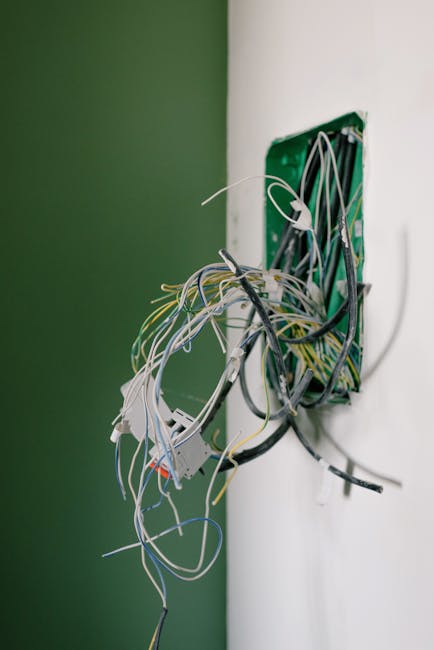 Effective Ways to Reduce Stomach Bloating and Fullness
Effective Ways to Reduce Stomach Bloating and Fullness
A firm midsection can still look distended and feel uneasy when bloating strikes. This common issue is frequently misunderstood. Understanding the reasons behind it and adopting minor tweaks can reduce puffiness and discomfort. Just click here and check it out!
What Causes Bloated Abs and Puffiness?
The abdomen swells when gas accumulates, fluids are retained, or digestion falters. Multiple elements influence this unpleasant sensation.
Digestive Troubles
When digestion lags, certain foods irritate, or gut bacteria are off-balance, bloating worsens. Common triggers include dairy, gluten, and high-fiber foods like beans and cruciferous vegetables.
High-Sodium Eating Habits
Diets rich in sodium make the body hold onto extra water, leading to puffiness. Packaged meals, tinned broths, and savory treats often contain hidden salt.
Ingesting Excess Air
Gulping food, munching gum, or sipping carbonated drinks traps air in the gut. This leads to an inflated, uncomfortable feeling.
Shifting Hormones
Monthly cycles often bring bloating as hormones fluctuate. Fluid buildup rises, creating a puffy sensation in the belly. Here’s the link to learn more about the awesome product here.
5. Dehydration
When the body doesn’t get enough water, it retains fluids to compensate. Ironically, increasing water consumption eliminates extra salt and decreases swelling.
Strategies for a Flatter Midsection
1. Adjust Your Diet
Cut back on items that produce gas, including legumes, cruciferous veggies, and fizzy beverages. Lower sodium by choosing fresh, whole foods over processed options. Track bloating triggers by maintaining a food diary.
Maintain Proper Fluid Intake
Adequate water intake stops the body from hoarding fluids. Warm drinks with natural ingredients ease digestive distress.
Chew Food Thoroughly
Eating at a leisurely pace reduces the amount of air ingested. Breaking down food well supports better digestion.
4. Incorporate Probiotics
Fermented foods like yogurt, kefir, and sauerkraut support a healthy gut microbiome. When gut bacteria are in harmony, bloating decreases.
Engage in Physical Activity
Gentle movement, like strolling or stretching, gets the gut working. Prolonged sitting post-meal can worsen bloating.
Reduce Anxiety
Stress disrupts digestion, leading to bloating. Relaxation techniques and proper rest enhance digestion.
Signs You Need Professional Help
While bloating is often harmless, chronic bloating paired with discomfort, unexplained weight loss, or irregular stools could signal an underlying issue. Conditions like IBS, celiac disease, or food allergies may be the cause. A healthcare provider can offer proper diagnosis and treatment.
Key Takeaways
Abdominal bloating typically resolves with the right approach. Identifying triggers, staying hydrated, and supporting digestion can lead to a flatter, more comfortable stomach. Steady efforts-minor adjustments over time-bring sustainable improvements. This website has all you need to learn more about this topic.
 Emergency situation Electrical contractor: What You Need to Know
Emergency situation Electrical contractor: What You Need to Know Comprehending the Function of a General Specialist
Comprehending the Function of a General Specialist